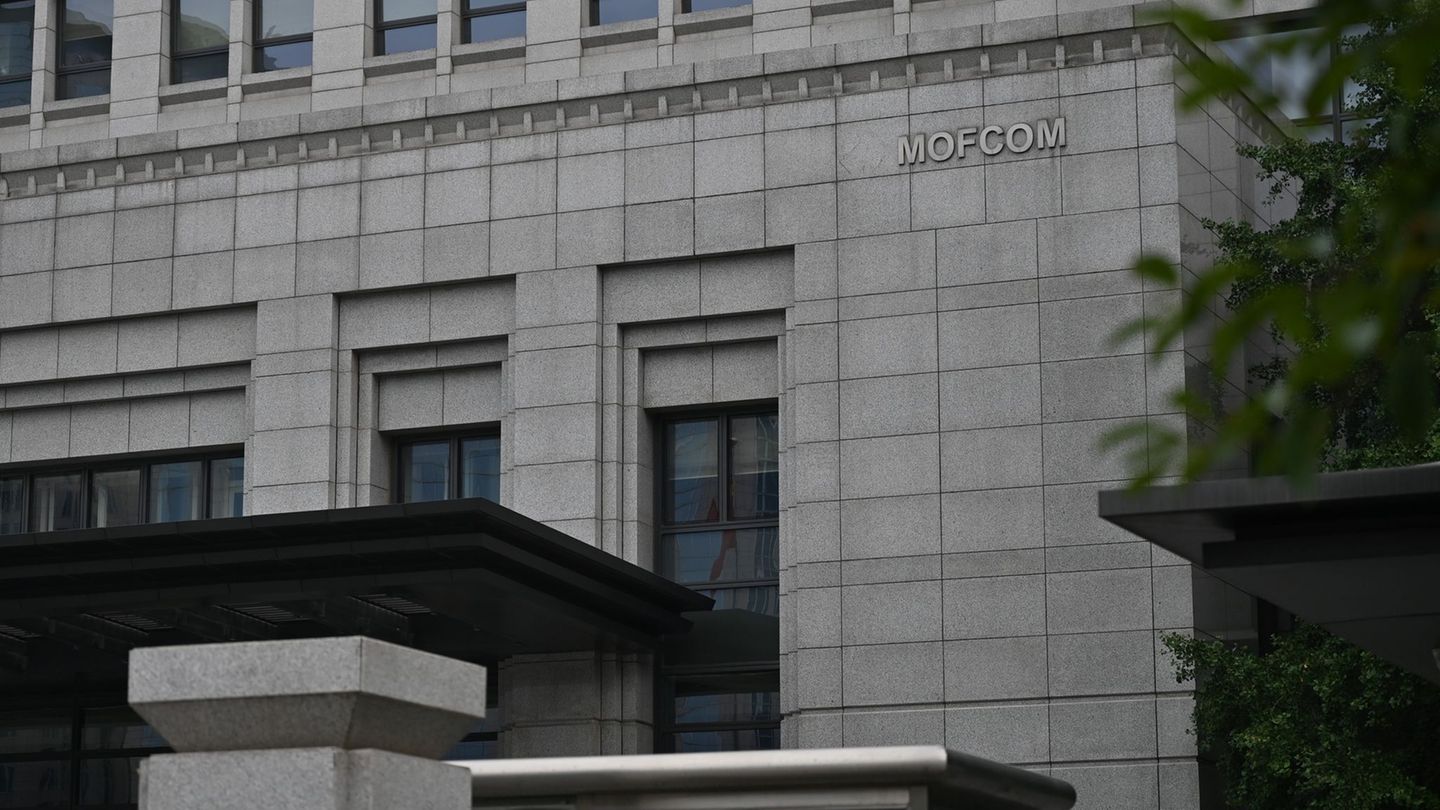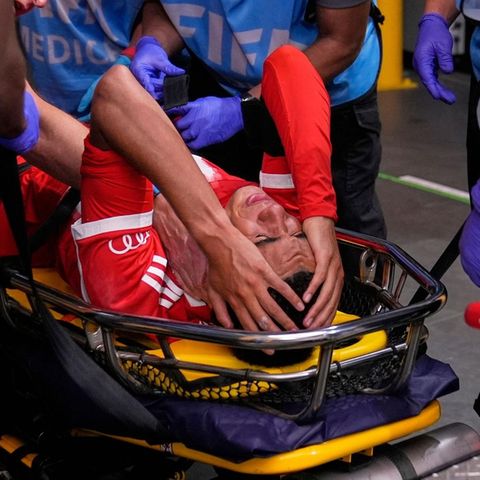Sabotage suspicion
Damage to the Baltic Sea cable again discovered
Copy the current link
Add to the memorial list
A data cable between Helsinki and Rostock has damage for the third time within a few months. The Swedish police are checking whether sabotage could be behind it. Brussels also reacts.
New suspicion of sabotage in the Baltic Sea: A data cable between Helsinki and Rostock has damage for the third time within a little more than three months. However, this time they are not serious and also did not impair the communication connections that ran through the affected Kabel C-Lion1, said the Finnish operator Cinia. The data traffic continues to run normally. The exact circumstances of the damage would still be examined.
In recent months, damage to communication cables and power lines have repeatedly occurred in the depths of the Baltic Sea. In several cases, it was determined for possible sabotage without the exact cause of the damage being found. However, there is a suspicion in the room that passing ships – intentionally or unintentionally – have damaged them with their anchors. In the course of the investigation, suspicious ships were held for days, but then released again.
Swedish police investigated for sabotage
This time, too, the Swedish police recorded Sabotage investigations. It is responsible because the new incident in the exclusive economic zone of Sweden near the Baltic Sea island of Gotland. The police said that the investigation would like to determine exactly what had happened and whether it was a new or old damage, the police said. There are currently no suspects. You could not give any further details.
The Finnish criminal police also initiated investigations. From their information it showed that the cable damage was determined on Wednesday.
The fiber optic cable C-Lion1 runs over a length of 1,173 kilometers between Helsinki and Rostock and connects Central European telecommunications networks with Finland and other Nordic countries. The cable was only damaged in mid -November and then again at Christmas and was repaired by a special ship a few days later.
Details and backgrounds of the new incident are still unclear. However, Sweden’s Prime Minister Ulf Kristersson already said on the platform X that all reports about possible damage to the infrastructure in the Baltic Sea were being taken very seriously, especially against the background of the current security situation. By this he meant primarily the perceived threat from Russia.
Finnish Prime Minister Petteri Orpo demanded that the incident had to be examined in peace. It is good that there were obviously no impairments on telecommunications connections, he said in Helsinki.
At the same time, Orpo considered the activities of the so -called Russian shadow fleet in the Baltic Sea to be worrying. This means tankers and other cargo ships with opaque owner structures that the Kremlin uses to avoid sanctions due to his war of aggression against Ukraine, for example in oil transport.
The EU has issued sanctions against dozens of these ships, but its actual scope should be far greater. Together with the Baltic Sea, and the EU are looking for funds in order to be able to proceed more against these activities, said Orpo.
The EU Commission has meanwhile presented new plans on how to better protect critical infrastructure at sea. The Brussels authority presented a package of measures that provides for faster repairs, better surveillance and closer cooperation with the private sector.
Specifically, a reserve of specialized multi-purpose cable ships is to be set up and the capacities of existing EU repair ships are to be increased. In addition, a network of underwater sensors and a drone monitoring program is planned to recognize possible sabotage faster. Cooperation with NATO should also be reinforced.
“The number of incidents that have occurred in our critical underwater infrastructure in the past few months gives rise to great concern,” said the responsible EU commissioner Henna Virkkuns when visiting Helsinki. These incidents would disrupt vital services such as the transmission of electricity.
dpa
Source: Stern
I have been working in the news industry for over 6 years, first as a reporter and now as an editor. I have covered politics extensively, and my work has appeared in major newspapers and online news outlets around the world. In addition to my writing, I also contribute regularly to 24 Hours World.




